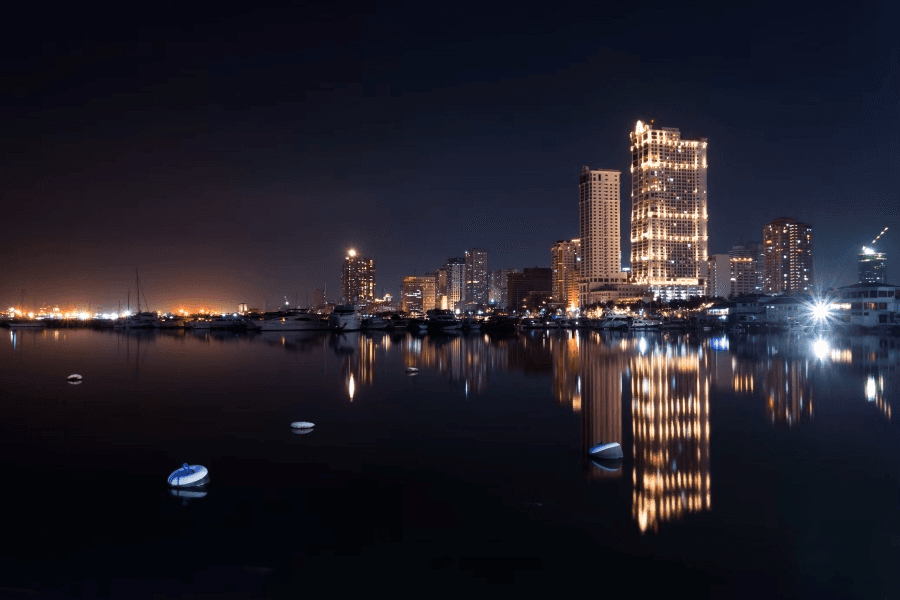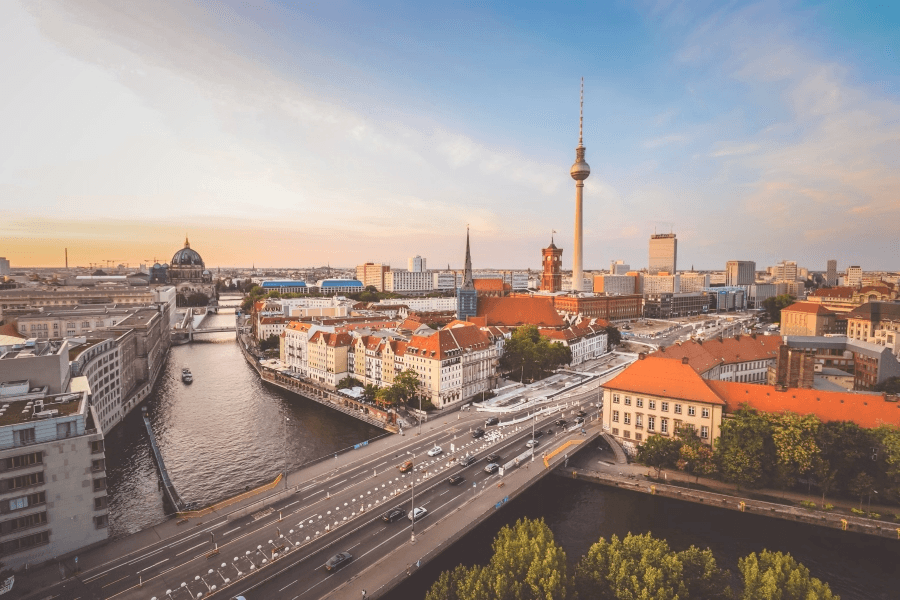Thailand’s draft Entertainment Complex Bill is gaining momentum after a recent public consultation revealed overwhelming support for legalising casinos. According to the Ministry of Finance, more than 80% of over 70,000 participants expressed approval during the hearing held between February 28 and March 14. The government now plans to revise the bill based on the feedback and submit it to the Cabinet for consideration.
The legislation is designed to attract foreign capital, boost tax revenues, and tackle illegal gambling. Leading global gaming companies, including Galaxy Entertainment Group and MGM Resorts International, have shown strong interest in entering the Thai market. However, opposition parties and gambling addiction advocacy groups have raised concerns, claiming the move may disproportionately benefit large corporations and foreign investors.
High Entry Barriers for Locals Spark Debate
A major issue raised during the hearings is the stringent financial requirement for Thai nationals to enter casinos. The current draft mandates a minimum fixed deposit of THB50 million (approximately USD 1.5 million) held for six consecutive months — a threshold many believe is too restrictive and would limit local participation.
Suggestions for revisions include reducing the deposit requirement to THB10 million (USD 294,200) or accepting alternative forms of assets, such as real estate or stocks. Some have proposed a lower threshold of THB5 million (USD 147,100) with additional income-based criteria. Others argue that instead of strict financial gating, responsible gambling policies — such as maximum betting limits and public education — should be prioritised.
Casino Space Limitations Questioned
The bill currently restricts casino floor space to just 10% of the total area of an integrated resort (IR). While this is intended to ensure a balanced mix of tourism offerings — including hotels, convention centres, and theme parks — some stakeholders have suggested the ratio could be increased under rigorous regulatory controls to maximise economic impact.
Critics argue that allowing a slightly larger gaming footprint could help drive higher revenue while still maintaining regulatory oversight and social safeguards.
Proposed Safeguards for Social Impact and Oversight
To mitigate the social effects of legalised gambling, respondents proposed that at least 1% of net profits be allocated to corporate social responsibility (CSR) initiatives, while 2% of gross gaming revenues should go towards addiction treatment and rehabilitation programmes.
The feedback also underscored the need for a transparent licensing framework and strong regulatory measures to prevent abuse. Under the current proposal, integrated resorts must be operated by Thai-registered companies with a minimum paid-up capital of THB10 billion (USD 294.2 million). A casino licence would cost THB5 billion (USD 147.1 million) initially, with an annual renewal fee of THB1 billion (USD 29.4 million).
Push for National Referendum Resurfaces
Calls for a national referendum on casino legalisation have re-emerged, driven by concerns around corruption, organised crime, and gambling addiction. Thanakorn Komkrit, Secretary-General of the Stop Gambling Foundation, criticised the lack of regulatory clarity and insufficient public engagement, urging the government to modernise Thailand’s 90-year-old Gambling Act.
Nonarit Bisonyabut of the Thailand Development Research Institute (TDRI) also warned of potential monopolistic practices and money laundering risks. He emphasised the need for rigorous oversight and greater public participation to ensure ethical development of the gaming industry.
Next Steps: Cabinet Review and Legislative Process
The Ministry of Finance has confirmed that public input will be reflected in the revised draft before submission to the Cabinet. Upon approval, the bill will proceed to the House of Representatives and the Senate for final legislative endorsement.
A committee led by the Prime Minister will be responsible for determining crucial elements such as tax rates, the number of licences issued, and the regions where casinos will be permitted. The initial rollout is expected to target major tourist destinations, including Bangkok, Chiang Mai, and Phuket.
Thailand’s tourism sector is a vital economic pillar, accounting for roughly 12% of the nation’s GDP. With 17.5 million international visitors in the first half of 2024, the government sees casino legalisation as a strategic move to boost tourism revenue and compete with established gaming markets like Singapore and Macau.



 2025-04-30
2025-04-30
















